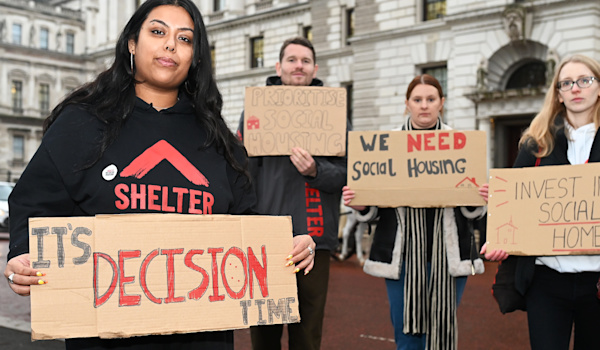Learn what changes you can expect when the Renters' Rights Act reforms take effect ─ starting from 1 May 2026. For now, your rights stay the same.
Why we need reforms that put renters first
Our current system for private renting is not working and renters have been crying out for change for years. We need to rebalance the rights and responsibilities of landlords and tenants. Currently, renters still put up with:
record levels of evictions
sky-high rent increases
unfair demands to pay multiple months' rent in advance at the start of their contract
discrimination because they have children or receive housing benefit
living in homes with some of the lowest standards
a negative impact on their physical and mental health, relationships, education and financial stability



